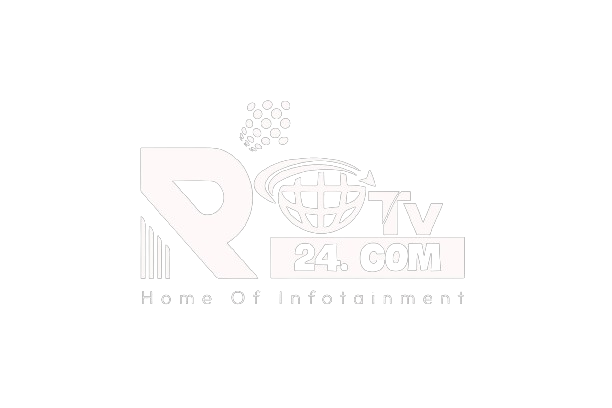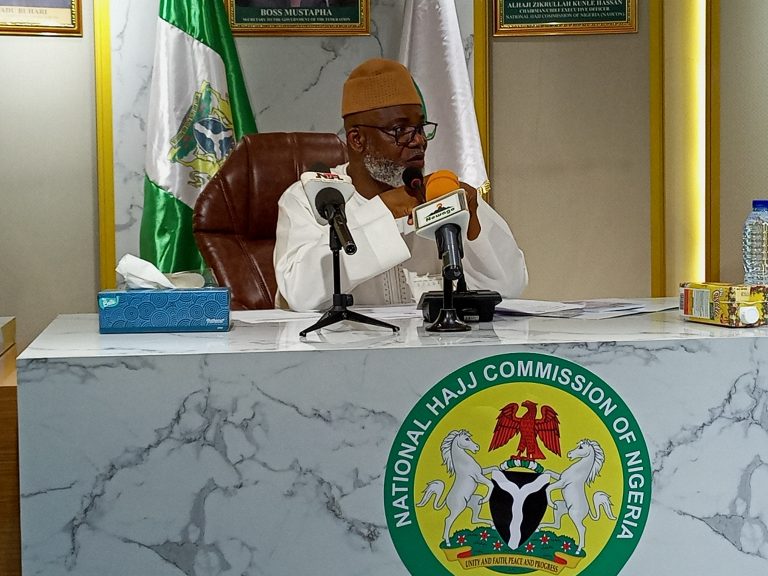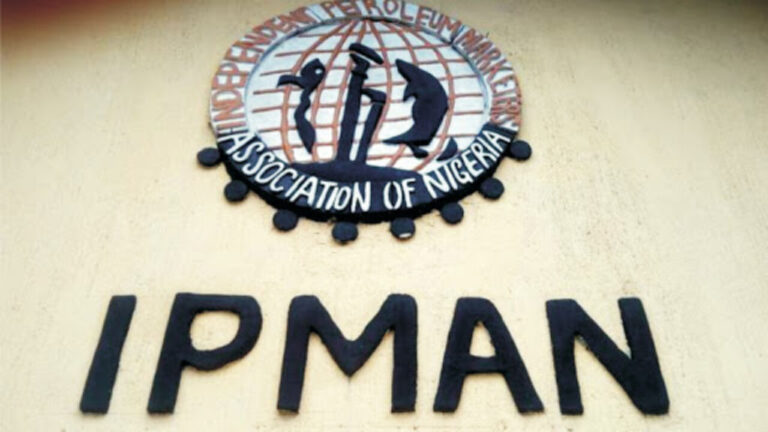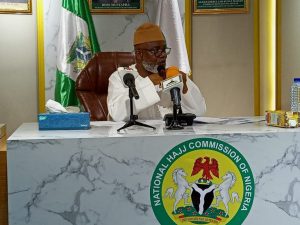NAHCON has set about the tasks of implementing the Hajj Saving Scheme (HSS) in full swing after securing the presidential approval from the Federal Government. An operation that seemed to have the blessing of National Assembly and the state pilgrim’s welfare boards/Agencies a few months ago, but it is now back on the table due to resentment of some state Hajj officials, banks and some stakeholders.
What is Hajj Saving Scheme?
Hajj Saving Scheme is a contributory saving system which enables intending pilgrims to pay installmentally to achieve their objectives of travelling for pilgrimage.
Nigerian Muslims like their counterparts all over the world cherished and cared to make the rewarding journey to Makkah and Madina for which many are constrained by lack of fund to finance the venture. After several years of research and good work from stakeholders, the idea of Hajj saving scheme (HSS) was mooted, patterned along the Malaysian Tabung Hajj that have become reference point for national economy of the South-East Asian country.
The HSS was not only meant to bring succor to the teeming Nigerian Muslims intending to perform the annual Holy pilgrimage without having to sell off their properties , borrowing or to depend on wealthy family or relatives for sponsorship.
In the same vein, the scheme gives room and opportunity to every Muslim to see himself/herself as prospective pilgrims.
More than this, one could not also underestimate the benefit that the scheme is intended to achieve vis-à-vis increase GDP for the nation’s economy creating employment and poverty reduction and some other multiplier effect the scheme would have on the national economy.
Seeing how well the Malaysian Tabung Hajj is performing and how it has helped grown the economy of that country in the last three or four decades, NAHCON took the first step and arrange meeting with 25 banks in the country of which JAIZ Bank became successful, being the only Islamic Bank at that time that operates non-interest banking and promotes investment in only Halal business.
Hence, a Memorandum of Understanding (MOU) was signed with the entity which later culminated in the joint-operation and launch of the Hajj Saving Scheme in October, 2020 in Kano which was attended and witnessed by the leadership of the Forum of State Chairmen/Secretaries of State Pilgrim’s Welfare Boards/Agencies/Commission.
At the launch, it was stated loud and clear that the Scheme would become fully operational in 2022, thereby offering a two-year moratorium in which the previous scheme of Pay-As-You-Go or the cash and carry would be jettisoned.
NAHCONs Role
Since the official launch of the scheme in October, 2020, NAHCON`s role have been limited to issuing policy instrument, monitoring and supervision for which JAIZ Bank runs the operation. It should be mentioned that JAIZ Bank became the joint promoter of the Scheme due to the CBN refusal to grant NAHCON operating license instead it granted her a Special Multi-purpose Vehicle instrument /window to run the scheme in collaboration with a licensed financial institution.
This Bank-led scheme since its inception has shown enough glimpse of the benefit that would accrue to everyone including the SMPWBs, intending pilgrims, NAHCON and the country at large. As at March 2022, the 4,000 enrollees in the scheme has had their accounts credited with the profits generated under just one year, while those who had their initial deposits for the 2020 and 2021 Hajj with the state pilgrims welfare Boards have not enjoyed that privilege.
Why the Brouhaha?
Section 7 (1) of NAHCON Establishment Act, 2006, says “ the commission shall establish, supervise and regulate a system of Hajj Saving Scheme to be operated by the Pilgrims Welfare Boards of each state and the Federal Capital Territory (FCT) for interested intending pilgrims.” (2) “The commission shall set up a Board of Trustees for the saving scheme comprising of men of high integrity who are not members of the commission and may as well, take such other measures as are desirable for the success of the scheme.”
From the foregoing, it is quite clear that the commission is empowered and legally mandated to establish and operate the Hajj saving scheme. Perhaps, the reasons the SMPWBs do not want the full implementation of the scheme might have to do with the fear that they may be kicked upstairs (made irrelevant) with the operation of the scheme. But on this ground, NAHCON has made efforts and held meetings to clear the misconception and to negotiate, but they seemed not too convinced that their role won’t be passive, especially with the granting of presidential approval for the scheme to operate full blast in the 2022 Hajj.
It has been stressed at the negotiating table that the SMPWBs would still retain the power and administration of pilgrims who choose their state and certain percentage of pilgrims deposit would still be accrued to the states to take care of their administrative and other sundry expenses.
What is crystal clear from the attitude and opposition to the scheme is the pessimism that always accompanies new innovation. It is perhaps the fear of states officials that their duties would be taken over from them.
If that seems sentimental, it is a view still held by those who witnessed the unfolding event unravel up close. But it must be noted that not all wishes can be fulfilled.
NASS Role
The leadership of NAHCON has always had confidence in the two arms of the National Assembly and most especially members of the House Committee on pilgrimage and the Senate Committee on Foreign Affairs who are mostly consulted and carried along in many of the commission’s policy’s and decision-making.
The allegation of corruption slapped on the commission and directive to suspend the HSS came far short of expectation.
To begin with, it is a wrong notion that the Hajj Saving Scheme started in 2006. The scheme in fact took off after the official launch on 20th October, 2020 in Kano.
Secondly, it would be disruptive of the arrangement and time–line set for the full implementation of the scheme which Mr. President had granted when it became obvious that the 2020 and 2021 Hajj would not hold, the commission directed the state pilgrim’s welfare Boards/Agencies/commissions to refund all those who requested for their deposits.
Moreover, it should be stated that the profits accrued to the 4,000 enrollee is not domicile with NAHCON but paid into the accounts of intending pilgrims.
What one would have expected from the law makers in the hallow chamber was to have called for investigation into the operation of HSS before hitting the gavel. Nigerians and participants have had a positive assessment of the Scheme which needs be strengthened rather than be suspended.
What many expected from NASS is for them to serve as an ice-breaker between the parties and not act as crowd-pleaser. That would have helped them to establish the working of HSS instead of acting on hearsay.
Ubandawaki is a staff of Information/Publication Division, NAHCON, Abuja.










Leave a Reply